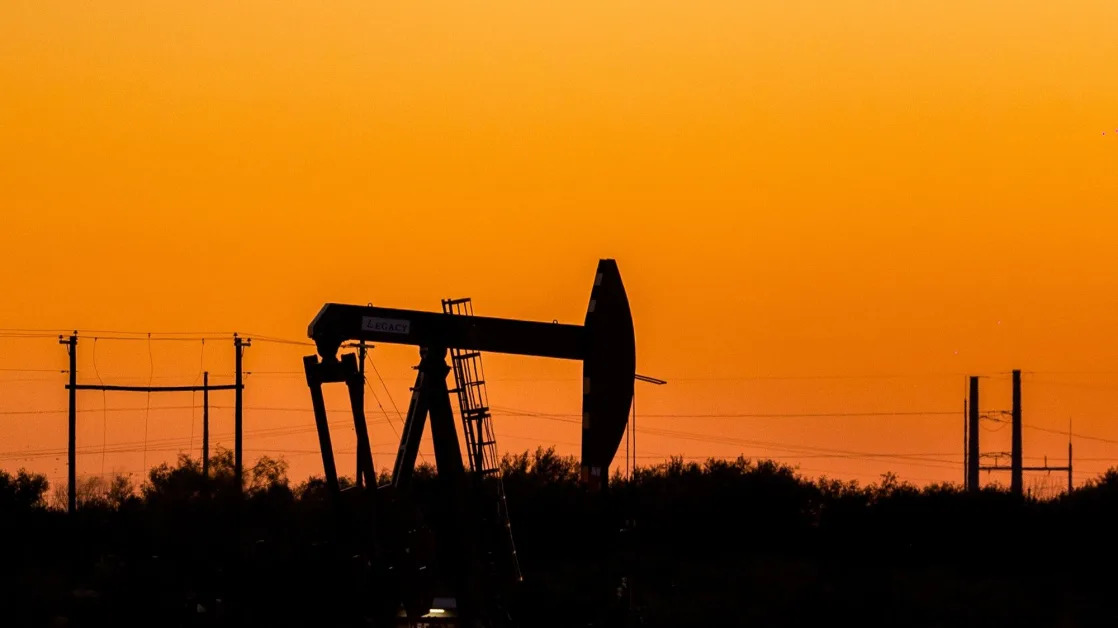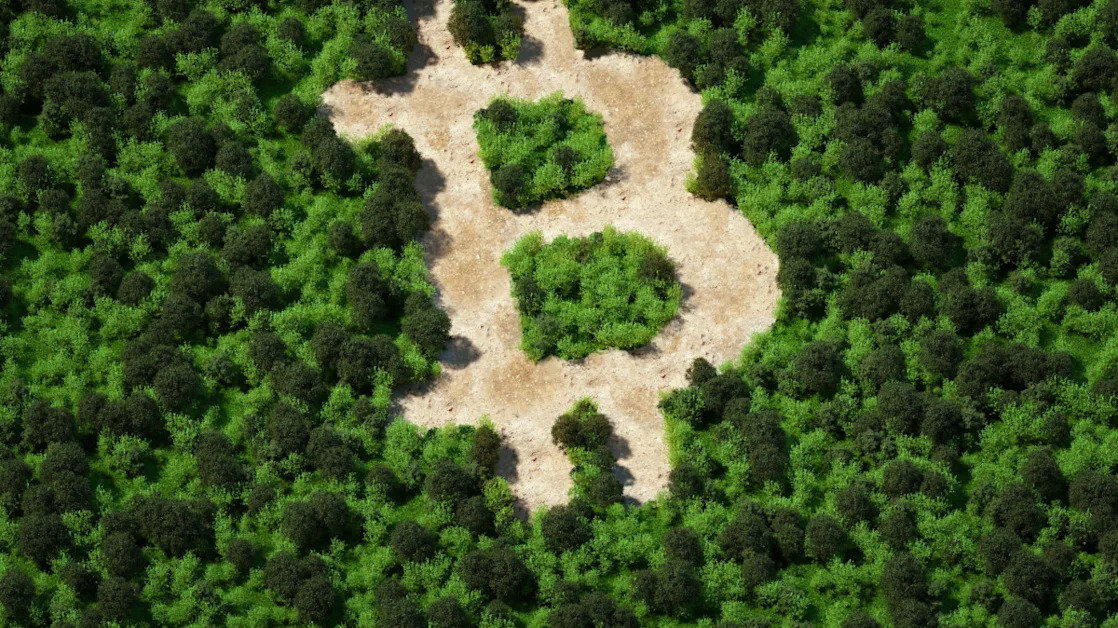(Bloomberg) -- President Donald Trump’s advisers have discussed shifting billions in funding from USAID to a government-run agency due to be headed up by the dealmaker son of Apollo Global Management co-founder Leon Black, part of an overhaul of how the US wields economic power internationally.
The new approach would see reduced humanitarian assistance and a greater role for private equity groups, hedge funds and other investors in projecting economic might as the US competes for influence and strategic projects overseas with China. It comes as billionaire Elon Musk has been pushing - with Trump’s blessing - to shut down the $43 billion US Agency for International Development, long a centerpiece of aid efforts.
Under the proposals, a chunk of money that went to USAID would go to the US International Development Finance Corp., which was created during the first Trump administration and given the authority to use US taxpayer funds to invest in private-sector projects overseas alongside institutional investors. It serves as a source of financing and as a deal-finder, co-investor and an insurer of risk for American institutional investors looking to invest in private-sector projects overseas.
The proposal to shift resources is one of several different options being considered within the administration, a senior official said, asking for anonymity to discuss internal deliberations.
Just how soon the plans might turn to reality is unclear. Trump on Jan. 31 nominated Ben Black to be the next chief executive at the DFC and he still needs to be confirmed by the US Senate. Black and the White House didn’t respond to requests for comment.
But Black, who most recently has been running private equity firm Fortinbras Enterprises LP, which he co-founded, has already laid out some of his ideas.
On Jan. 10, he co-authored a blog post with conservative tech investor and influencer Joe Lonsdale titled “How to DOGE US Foreign Aid” that called for shifting much of USAID’s budget to the Development Finance Corp.
“Much of our current foreign aid budget is waste and should be cut,” Lonsdale and Black wrote. “If we are going to spend money abroad, let’s do so with an investment-driven model focused on strategic project finance initiatives.”
Lonsdale, who has long been close to Musk and helped establish his pro-Trump America PAC, declined to comment.
People familiar with discussions inside the Trump administration said the idea laid out by Black and Lonsdale fits with the plans now being considered. It also aligns with goals laid out by the Heritage Foundation’s Project 2025.
Secretary of State Marco Rubio and some on his team back the goal of reducing USAID funding and giving the DFC more resources, according to people familiar with his thinking. It was among the subjects discussed in interviews with candidates for the DFC chief executive job late last year, according to a person familiar with the conversations.
The State Department didn’t respond to a request for comment. A spokesman for the DFC declined to comment on the proposal.
Trump advisers want to use the DFC, which already has a portfolio worth more than $50 billion and pairs with US and overseas private-sector investors on projects, as a much more aggressive instrument of US economic power. They have discussed using the DFC more like a sovereign wealth fund and focusing investments in critical minerals and other resource projects that are vital to US strategic interests.
To pursue any of these ambitions, Trump will also need to secure the congressional reauthorization of the DFC, whose mandate expires at the end of this year. There has been bipartisan support for reauthorization with bills to do so calling for its investment cap to be raised to $120 billion from $60 billion currently and for it to be given the authority to work in a wider range of countries than the low-income ones it is now limited to.
Trump advisers believe that they can move funds from USAID to DFC without congressional approval because the agencies’ funding comes from same operational section of the federal budget, known as the “150 Account.” It funds not just the majority of US foreign aid but also the operations of US embassies and consulates.
Senator Steve Daines, a Republican from Montana and member of the Foreign Relations Committee, said he was “open” to the idea of shifting resources from USAID to the DFC.
“They ought to keep leaning in and make as much change and go as fast as possible,” he said.
Democratic legislators, however, have called efforts to shut down USAID and curtail federal spending illegal.
Still, the shift in resources from USAID would fit with longstanding demands from conservative Republicans to wind down traditional humanitarian aid and focus more on investing in the private sector in developing nations. The DFC was given that mandate after its creation in 2019.
Among the projects that the DFC could fund, Lonsdale and Black said in their post, would be strategic investments in Greenland, which Trump has said he would like the US to buy.
“Backed by DFC financing, American mining, shipping, and resource-dependent businesses could step in, bringing capital and expertise,” they wrote. “The result would be a mutually beneficial partnership that strengthens Greenland’s ties to the U.S. while expanding our strategic resource base.”
Trump has called for taking control of Greenland from Denmark, something the island’s residents, as well as Copenhagen, oppose.
--With assistance from Lizette Chapman, Eric Martin, Gillian Tan and Iain Marlow.





